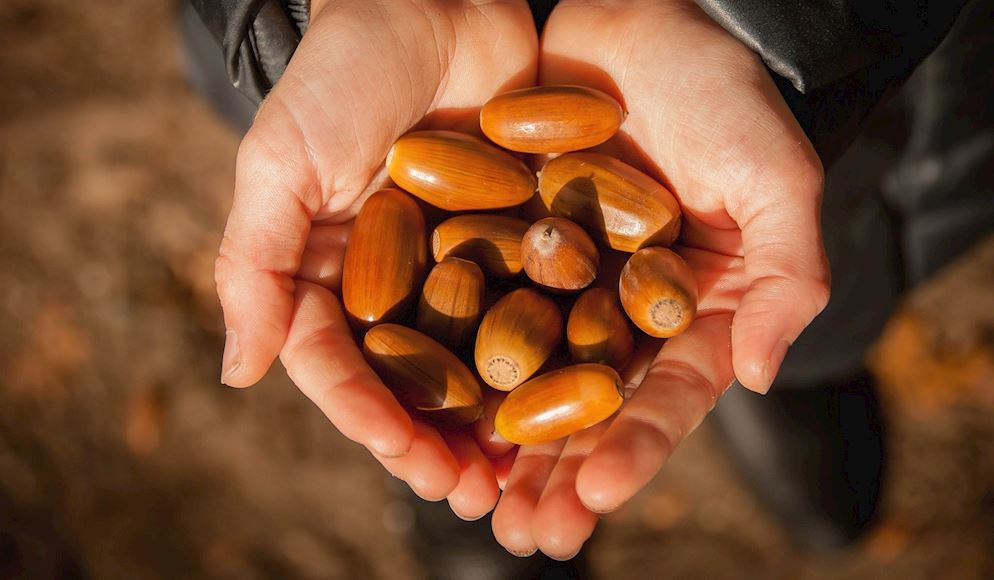
Acorn Poisoning in Horses: How to Keep Your Horse Safe This Autumn
Share
Autumn can be one of the most beautiful times of year to keep horses — cool mornings, crisp air, golden fields. But while the changing season brings relief from summer flies, it also brings a hidden hazard: acorn poisoning.
Understanding what to look out for and acting quickly can make all the difference.
🍂 Why Acorns Are Dangerous
Acorns, oak leaves, and even young shoots contain tannins, a natural compound that’s toxic to horses when eaten in large amounts.
Tannins can damage the kidneys, liver, and gut lining, leading to colic, dehydration, and in severe cases, organ failure.
Some horses develop a taste for acorns, especially when grazing is poor, so prevention is key.
⚠️ Symptoms of Acorn Poisoning
If your horse has access to oak trees, keep an eye out for:
Reduced appetite or lethargy
Colic signs (pawing, lying down, rolling)
Diarrhoea (sometimes dark or containing blood)
Swelling around the legs or under the jaw
Dark or reduced urine
Dehydration (dry gums, dull eyes)
If you notice any of these symptoms, call your vet immediately and move your horse away from the oak area.
🚨 What to Do If You Suspect Acorn Poisoning
-
Call your vet straight away. Mention any oak or acorn exposure.
-
Remove access to the paddock or tree line immediately.
-
Offer clean water and hay. Encourage hydration and safe forage intake.
-
Do not wait to see if it improves. Kidney damage can occur before signs become severe.
-
Follow veterinary advice carefully. Treatment may include fluids, activated charcoal, and ongoing monitoring.
✅ Prevention Tips
- Fence off oak trees or use electric tape during autumn.
- Rake up fallen acorns where possible.
- Provide plenty of good-quality forage to reduce foraging behaviour.
- Rotate grazing areas during peak acorn drop (September–November).
- Check paddocks regularly after windy weather.
🐴 When in Doubt, Call the Experts
If you’re unsure whether your field is safe, or you’re worried your horse may have eaten acorns, don’t wait. Contact your vet.
